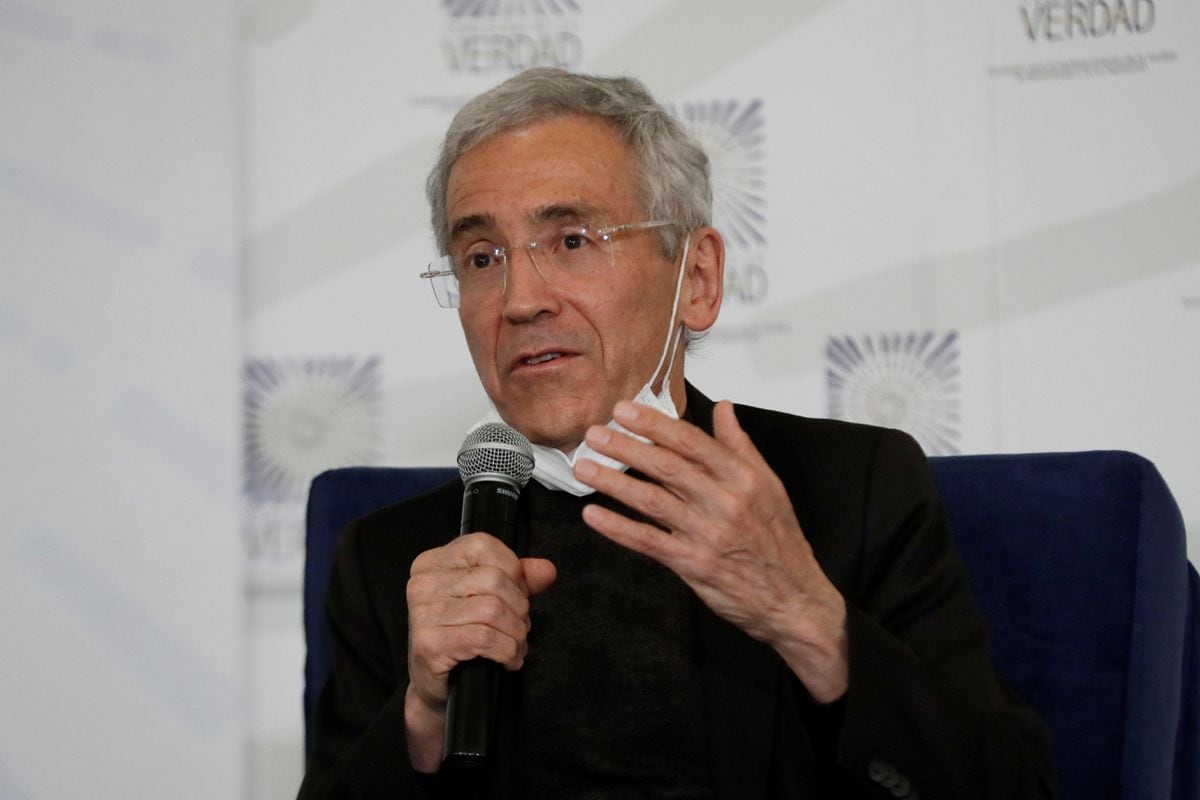Rue du Stade, in Cattenom, a new building adjoins the football field. Gray tinged with anthracite and square, a sign on the facade gives a clue as to its usefulness: “Collective drinking water softening plant. »An arbor planted there indicates that, this Saturday, September 4, it is the inauguration day for this installation which entered service last March and is operated by Veolia. The opportunity for visitors and local elected officials or representatives of the Department, the Grand Est Region, the State, to discover from the inside the operation of this unit at 1.9 million euros intended to drastically decrease the quantity of limestone at the tap outlet in the municipalities that are members of the Cattenom, Garche and Kœking mixed water association.
“The work lasted almost two years instead of one,” says the president of the mixed union Eric Thill. A delay due in large part to the Covid-19 epidemic. But people are happy, although we have received some negative feedback. “Satisfaction also on the side of the previous president (now honorary president), Michel Schibi, who had given the initial impetus of the project, in 2017” whose results we are finally seeing. “
–
Reduce the water hardness by half
On the operational side, the plant proceeds by “catalytic decarbonation”, that is to say by using dilute soda to agglomerate the limestone contained in the water around extremely fine grains of sand (400 μ on average). Thus, it is able to produce 60 m³ of water per hour, or 1.2 million liters per day. At the end of the stroke, the water is passed through a filter in order to remove the last impurities and sent to the distribution circuit.
In fine, the water pumped from the four wells located in the town of Cattenom (pumping completed if necessary from the Portes de France-Thionville agglomeration community and the town of Sierck-les-Bains) loses near the half of its hardness, that is to say its concentration of limestone, going from 42 ° F (for French degree) to, on average, 22 ° F (the upper limit being set at 25 ° F).
As a result, water that presents fewer risks for the lifespan of household appliances for the 5,000 inhabitants of the municipalities of Cattenom, Kœking, Garche, Fixem, Berg-sur-Moselle and “occasionally, Haute-Kontz and Sierck- les-Bains ”, explains Veolia’s regional director Sébastien Desanlis. In this regard, it is not recommended to use a personal softener to lower the hardness value below 15 ° F, at the risk of damaging the equipment and piping. For the mayor of Cattenom, Bernard Zenner, this installation is rightly added to those already present in the town. “Via the union, we have been producing water since 1959. We have also been producing carbon-free electricity since 1986, and soon it will be heat via the biomass boiler. “
–


